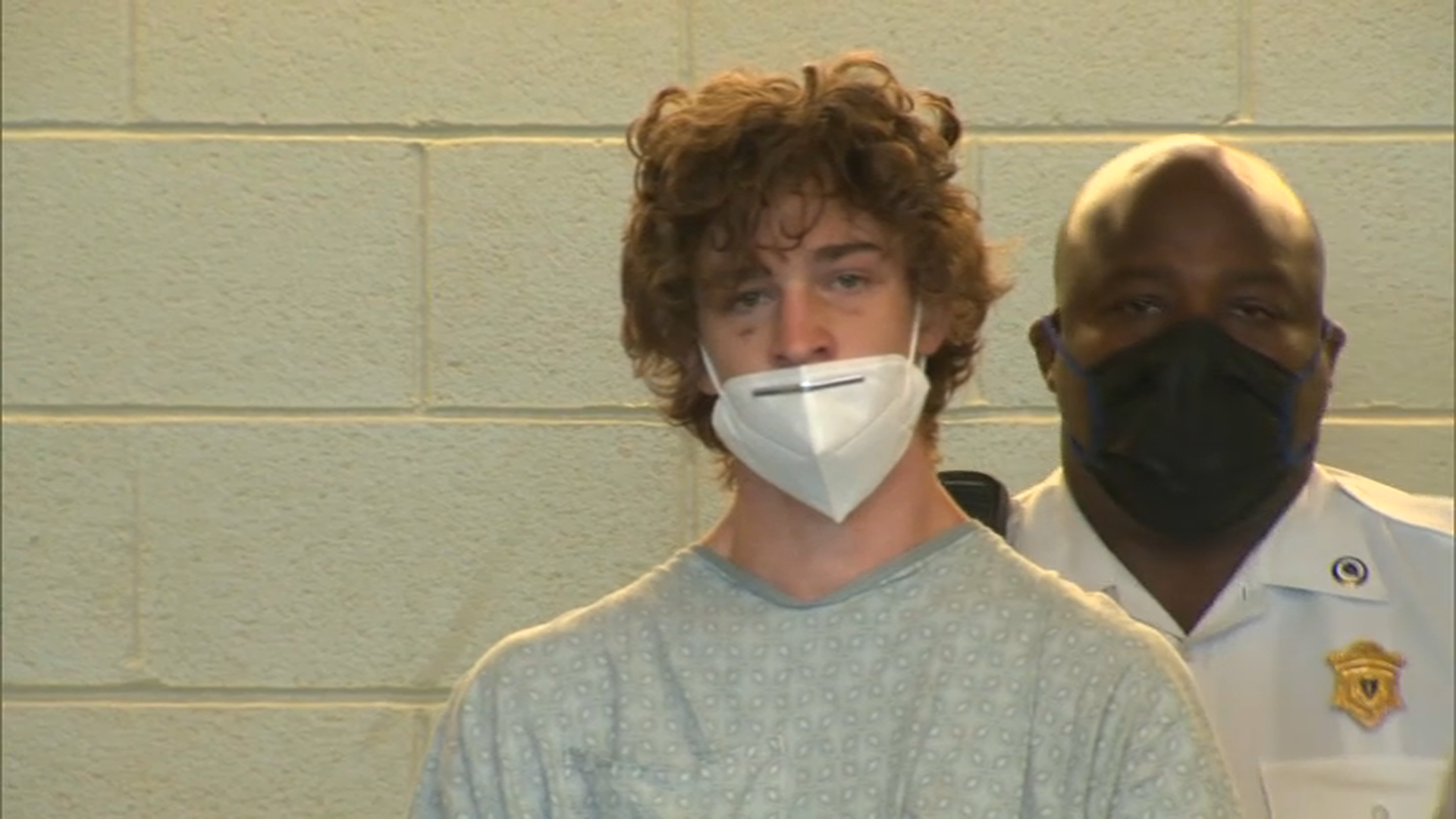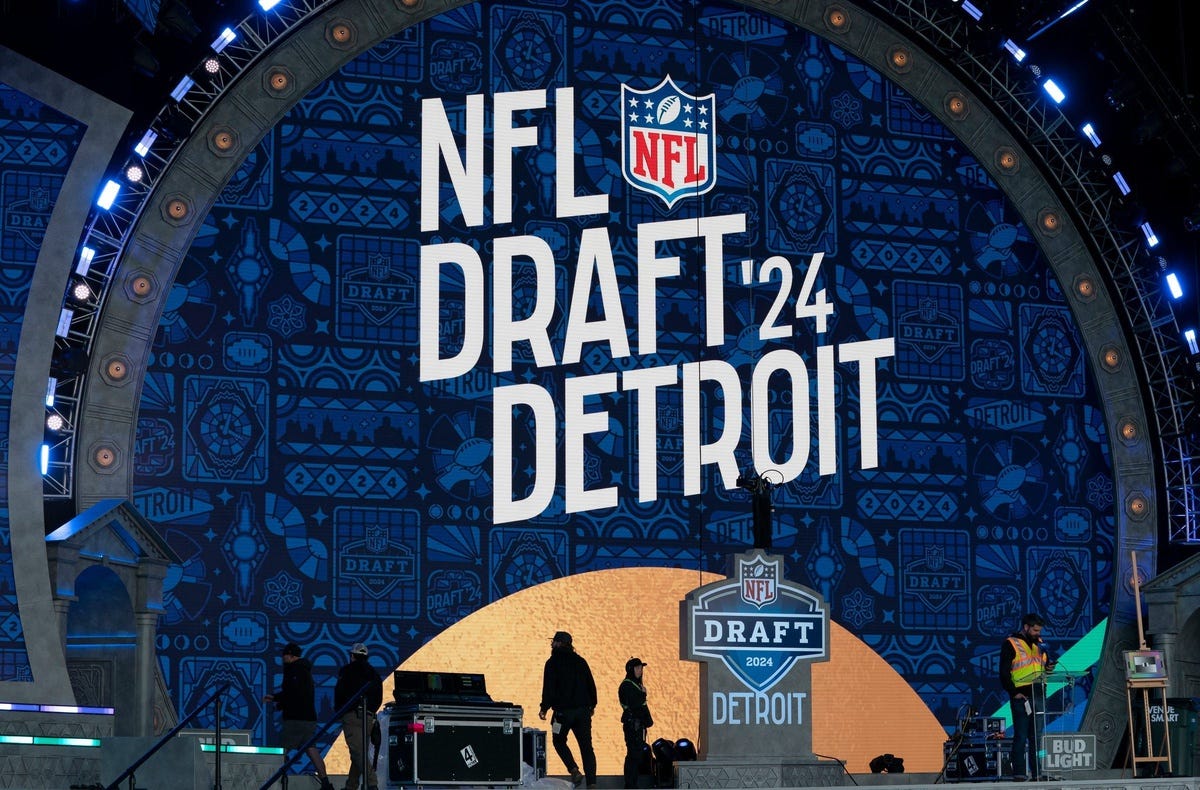Reusable bags have been cleared to return to checkout lines in Massachusetts, with a previous ban now removed in the latest round of Baker administration guidance affecting grocery stores.
On Friday, Public Health Commissioner Monica Bharel rescinded a pair of earlier orders that laid out required precautions for grocery stores to safely operate amid the COVID-19 pandemic.
Get Boston local news, weather forecasts, lifestyle and entertainment stories to your inbox. Sign up for NBC Boston’s newsletters.
In the rescission notice, Bharel said the two orders' "COVID-19 reduction strategies" were now incorporated into the economnic reopening safety standards for retail businesses that Gov. Charlie Baker issued in June.
The newer retail safety standards mirror many of the original supermarket requirements -- salad bars and seating areas must remain closed, hand sanitizer should be made available to customers, social distancing must be maintained among both workers and customers, and grocery stores and pharmacies must continue to set aside at least one morning hour each day for shoppers aged 60 and over.
The Department of Public Health's April 7 guidance limited grocery stores to 40 percent capacity, while the new retail reopening standards allow 50 percent of permitted occupancy.
The latest version of the standards, updated Friday, does not include a prohibition or restriction on reusable bags.
Local
In-depth news coverage of the Greater Boston Area.
Bharel's now-rescinded March 25 order on grocery and pharmacy operations had prohibited the use of reusable checkout bags, banned grocery stores and pharmacies from charging for paper or plastic bags, and allowed those stores to issue paper or plastic bags despite any municipal bans on single-use plastic bags.
A spokesman for the Department of Housing and Economic Development confirmed Monday that the reusable bag prohibition was removed from the retail protocol along with the rescission of the earlier DPH orders.
A total of 139 cities and towns have adopted bans on single-use plastic bags, according to MASSPIRG, which cheered the return of reusable bags. The organization said the initial decision to restrict reusable bags was made "when we knew less about how people transmitted the virus," and that the U.S. Centers for Disease Control and Prevention has since determined that the coronavirus is primarily spread person-to-person.
"This is a home run -- good for the environment, for public health, for reducing waste, and for protecting both workers and shoppers," MASSPIRG executive director Janet Domenitz said in a statement.
In a Monday morning newsletter, Newton-Needham Regional Chamber President Greg Reibman said it was "disrespectful to our merchants" to bring back plastic bag bans and bag fees without providing advance notice.
"Reinstating bags bans, effective immediately, doesn't give business owners a chance to use up their stock of existing plastic bags or a chance to stock back up on paper bags if they need them. Even 30-60 days advance notice would have been a help," Reibman wrote. "It's bad enough that store workers have to enforce mask wearing. Requiring cashiers to be the ones who inform customers this week that they have to pay for bags again, is just cruel."
Last November, the Senate voted 36-4 to pass a statewide ban on single-use plastic bags, which would also require stores to charge a 10-cent fee for recyclable paper or reusable bags. That bill, the subject of a process dispute between the House and Senate, remains before the House Rules Committee.
A separate bag ban bill, based on legislation originally filed by Rep. Lori Ehrlich, was referred to the House Ways and Means Committee in July 2019.
"Our waterways, wildlife, and sewer drains all stand to benefit from Gov. Baker's restoration of local ordinances designed to keep plastic out of the environment," Ehrlich said in a statement. "Now that the status of local efforts is back to where we were, we can refocus our energy on making this state law."



